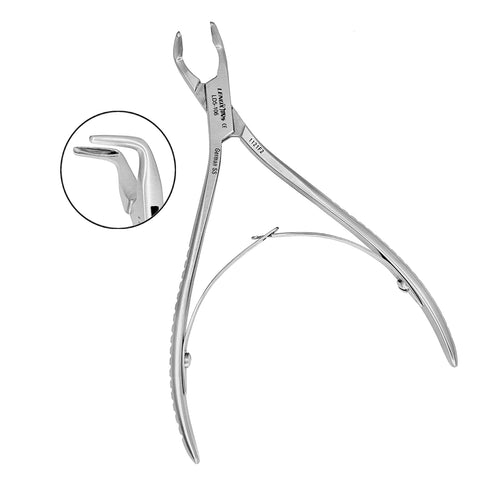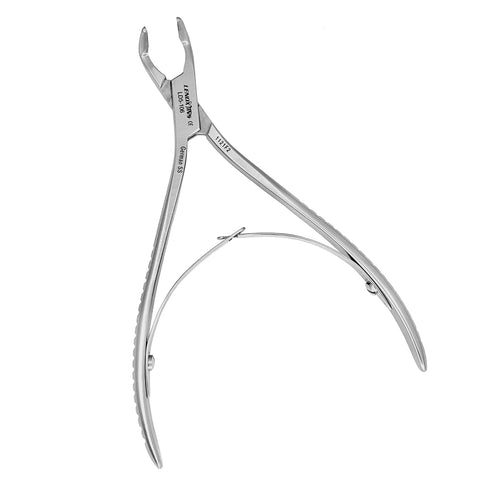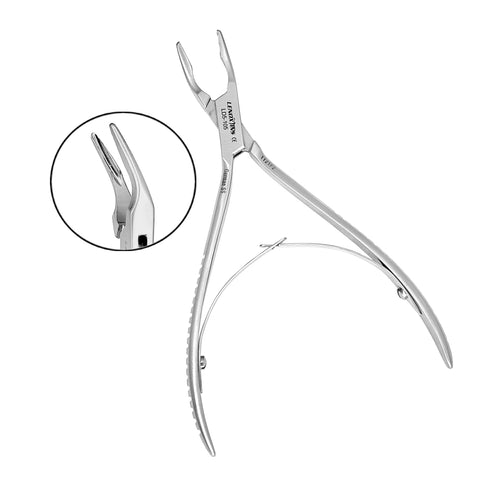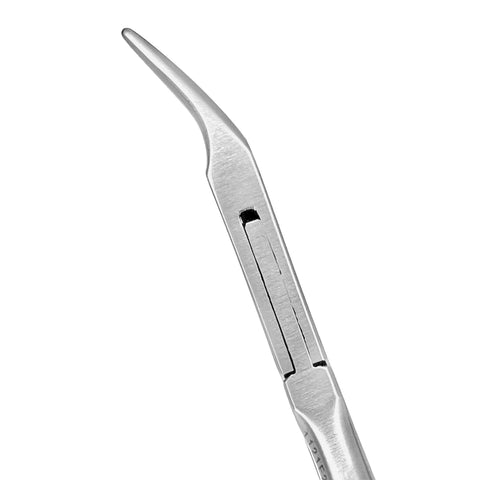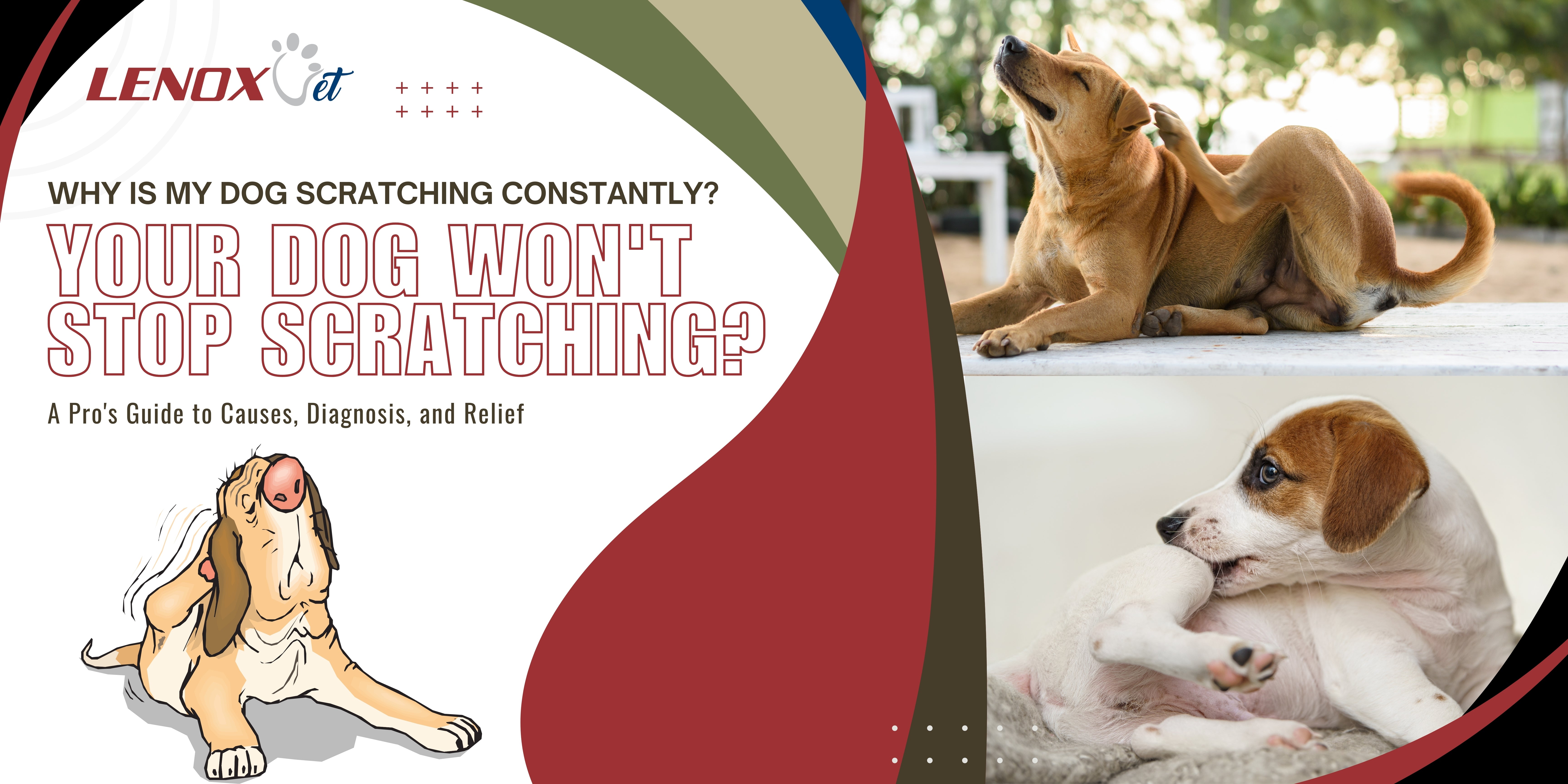
Aug 26 2025
why is my dog scratching constantly
Your Dog Won't Stop Scratching? A Pro's Guide to Causes, Diagnosis, and Relief
Is your dog constantly scratching? This common issue, known medically as pruritus, can affect up to 30% of dogs by their first birthday and significantly impacts their quality of life, leading to skin damage and secondary infections. In this comprehensive guide, you'll discover why your dog's persistent scratching is a signal of underlying problems, how veterinarians pinpoint the exact cause, and what targeted treatments can bring back your dog's comfort and healthy skin. We'll cover:
-
The most frequent culprits—from tiny parasites to environmental triggers.
-
The diagnostic journey and essential tests your vet will use.
-
Top-tier treatment options, including medications, topical solutions, dietary adjustments, and immunotherapy.
-
Proactive strategies to keep your dog's skin resilient long-term.
-
Early warning signs to look for and how your dog's breed and age play a role.
By breaking down complex information, offering vet-approved advice, and providing actionable steps, this article empowers you to identify, manage, and prevent that relentless itching in your dog.
What's Causing Your Dog to Scratch So Much?
Constant scratching, or pruritus, happens when your dog's skin nerves get overstimulated by irritation. This symptom can point to many different causes, from bug bites to food sensitivities, and often results in red skin, hair loss, and infections. For instance, a single flea bite can trigger flea allergy dermatitis, making your dog scratch and lick for hours on end.
Fleas and Flea Allergy Dermatitis: The Itch Connection
Flea allergy dermatitis (FAD) occurs when flea saliva triggers an allergic reaction, causing skin inflammation. Even a few flea bites can release compounds that lead to intense itching, hair loss around the tail base, and small red bumps on the belly.
-
Flea saliva proteins enter the skin, prompting the release of histamine-like substances.
-
Dogs with FAD typically experience intense itching on their hindquarters.
-
If left untreated, flea infestations can lead to secondary bacterial skin infections.
Flea Allergy Dermatitis and Your Dog's Itch
Flea allergy dermatitis (FAD) is a very common reason for dogs to scratch, caused by an allergic reaction to flea saliva. This reaction inflames the skin and leads to severe itching, often resulting in hair loss and skin sores. Even a small number of flea bites can cause significant discomfort for affected dogs.
"Flea Allergy Dermatitis," American Animal Hospital Association (AAHA) (2024)
This resource confirms how flea bites and the subsequent allergic reaction can cause itching and skin issues in dogs.
Environmental Allergies: What's Triggering Your Dog's Constant Scratching?
Atopic dermatitis is an allergic reaction to things your dog inhales or touches, like pollen, mold spores, and dust mites. Dogs with a genetic tendency for atopy have a weakened skin barrier, allowing allergens to penetrate and trigger an immune response, leading to itching that can be seasonal or year-round.
-
Pollen and grass allergens can stick to the skin and activate immune cells.
-
Dust mite waste products often accumulate in carpets and bedding.
-
Mold spores thrive in damp environments and can irritate the skin.
Atopic Dermatitis and Environmental Triggers
Atopic dermatitis in dogs is frequently caused by inhaled or contact allergens such as pollen, mold spores, and dust mites. These allergens provoke an immune response in dogs with a compromised skin barrier, resulting in itching that can occur seasonally or throughout the year. This condition can greatly affect a dog's overall well-being.
"Atopic Dermatitis in Dogs," Veterinary Partner (2023)
This citation offers additional insights into the causes and effects of atopic dermatitis, a central topic in this article.
Food Allergies and Sensitivities: The Link to Dog Itching
Itching caused by food allergies, or pruritus, occurs when dietary proteins (like beef, chicken, dairy, or grains) trigger an immune response in the gut and skin. Symptoms often include widespread itching, recurring ear infections, and digestive upset.
-
Proteins can cross the intestinal barrier, sensitizing the body's immune system.
-
Strict elimination diet trials are key to identifying suspected food triggers.
-
Switching to a hypoallergenic or novel protein diet can bring relief within weeks.
Skin Infections That Lead to Persistent Scratching
Secondary infections often take advantage of a weakened skin barrier. Bacterial pyoderma and yeast (Malassezia) dermatitis are the most common culprits. Bacteria thrive in warm, moist areas where the skin has been scratched, while yeast often overgrows in skin folds and ears.
-
Pyoderma typically presents as pustules, crusts, and a distinct "cheesy" odor.
-
Malassezia infections often appear as greasy, red, flaky patches.
-
Fungal ringworm can cause circular patches of hair loss.
Mites and Mange: Can They Cause Constant Scratching?
Mange mites burrow into the skin or hair follicles, causing intense itching and hair loss. Sarcoptic mange (caused by *Sarcoptes scabiei*) leads to contagious, crusty skin lesions, while demodectic mange (*Demodex* spp.) often occurs in dogs with weakened immune systems.
-
Sarcoptic mites tunnel just beneath the skin's surface and spread through direct contact.
-
Demodex mites can overpopulate hair follicles, leading to localized or widespread skin issues.
-
Ear mite (*Otodectes cynotis*) infestations cause significant head shaking and ear scratching.
Other Medical and Behavioral Issues Causing Dog Itching
Beyond external irritants, hormonal imbalances (like hypothyroidism or Cushing's disease) and neurological conditions (such as syringomyelia) can affect skin health. Chronic stress or boredom can also manifest as compulsive licking and scratching.
-
Hypothyroidism can reduce oil production in the skin, leading to dryness and flakiness.
-
Syringomyelia can cause nerve-related itching, often along the neck and shoulders.
-
Anxiety-related scratching frequently targets the paws and sides of the body.
How Vets Figure Out Why Your Dog is Scratching
Veterinarians use a methodical approach to determine the root cause of itching, combining your dog's health history, a thorough physical examination, and specific diagnostic tests. Identifying the trigger early on leads to more effective treatment and avoids unnecessary interventions.
Essential Veterinary Tests for Diagnosing Dog Itching
Veterinary diagnostic tests help uncover parasites, infections, and underlying immune responses. Common procedures include skin scrapings, cytology (examining skin cells), and blood work.
|
Test
|
Purpose
|
What It Reveals
|
|---|---|---|
|
Deep skin scraping
|
To find sarcoptic and demodectic mites
|
Identification of mites or their eggs
|
|
Cytology
|
To check for bacteria and yeast
|
Presence of cocci bacteria or yeast
|
|
Complete blood count (CBC)
|
To assess overall inflammation
|
Elevated eosinophils can indicate allergies
|
These tests guide the next steps, which might include allergy testing or an elimination diet trial.
How Allergy Testing Helps Diagnose Your Dog's Itching
Allergy testing can pinpoint specific environmental or food allergens through either intradermal skin tests or blood tests (serum IgE assays). Small injections or blood samples are used to measure your dog's reaction to a range of pollens, molds, and mites.
-
Intradermal tests show immediate skin reactions (wheal-and-flare) within minutes.
-
Serum allergy panels detect specific IgE antibodies in the blood.
-
Test results help create personalized immunotherapy treatments.
The Role of Elimination Diet Trials in Diagnosing Food Allergies
An elimination diet involves feeding your dog only a single novel protein, hydrolyzed protein, or limited-ingredient diet for 8 to 12 weeks. If your dog's symptoms improve during the trial and then return when the original food is reintroduced, it confirms a food allergy.
-
Strict adherence to the diet is crucial to prevent cross-contamination.
-
Carefully documenting any changes in skin or digestive health helps track progress.
-
A clear reaction upon reintroducing the suspected food confirms the diagnosis.
When to Get Veterinary Help for Your Itchy Dog
-
If the itching continues for more than a week, even with home care.
-
If you notice skin lesions like sores, scabs, or significant hair loss.
-
If there are signs of a secondary infection, such as a bad odor, discharge, or swelling.
Seeking veterinary care early can prevent long-term skin damage and more serious health issues.
Top Treatments for Dogs That Can't Stop Scratching
Effectively managing itching involves both providing immediate relief and addressing the underlying cause. A coordinated treatment plan can reduce inflammation, eliminate parasites or infections, and strengthen your dog's skin barrier.
Effective Medications for Relieving Your Dog's Itch
Targeted medications offer quick relief by managing the immune response or blocking itch signals.
|
Medication
|
Drug Class
|
Primary Use
|
|---|---|---|
|
Cytopoint
|
Monoclonal antibody
|
Targets and neutralizes a key itch-signaling protein (IL-31)
|
|
Apoquel
|
JAK inhibitor
|
Blocks specific pathways that cause itching and inflammation
|
|
Steroids
|
Glucocorticoid
|
Provide potent anti-inflammatory effects
|
|
Antihistamines
|
H1 receptor antagonists
|
Offer mild itch relief for less severe cases
|
These medications often work best when used alongside environmental and topical treatments for lasting control.
How Topical Treatments Help Soothe Your Dog's Irritated Skin
Medicated shampoos, sprays, and creams provide localized relief by reducing bacteria and yeast on the skin and calming inflammation. Ingredients like chlorhexidine, miconazole, and oatmeal are effective at soothing irritation.
-
Antimicrobial shampoos help clear away bacteria and yeast.
-
Shampoos with oatmeal can help restore moisture and support the skin barrier.
-
Leave-on sprays offer extended itch relief.
Applying these treatments weekly until symptoms improve can complement other therapies.
Dietary Changes to Support Dogs with Itchy Skin
Nutrition plays a crucial role in maintaining skin health and regulating the immune system. Diets rich in novel proteins, hydrolyzed proteins, and omega-3 fatty acids can help reduce allergic reactions and inflammation.
|
Nutrient
|
What It Does
|
Supporting Evidence
|
|---|---|---|
|
EPA/DHA (Omega-3 Fatty Acids)
|
Helps reduce inflammation
|
Studies show a link to lower dermatitis scores
|
|
Hydrolyzed Proteins
|
Minimizes the chance of allergic reactions
|
Shown to promote skin healing in clinical trials
|
|
Vitamin E
|
Acts as an antioxidant
|
Supports the integrity of the skin barrier
|
How Immunotherapy Works for Canine Allergies
Allergen-specific immunotherapy gradually helps your dog's immune system become less sensitive to allergens. This is achieved through regular administration of small amounts of the allergens, either via injection or under the tongue.
-
It helps build tolerance by shifting the immune response away from allergic reactions.
-
It can significantly reduce symptoms of environmental allergies over 6 to 12 months.
-
It may lead to a long-term decrease in the need for daily medications.
Choosing the exact allergen extracts based on diagnostic testing is key to maximizing the treatment's effectiveness.
Effective Flea and Tick Prevention Strategies
-
Monthly spot-on treatments or oral medications disrupt the flea life cycle.
-
Treating your home and yard helps eliminate flea populations.
-
Collars that release insecticides over time provide continuous protection.
Consistent use of preventatives is essential to avoid re-infestation and allergic reactions.
Keeping Your Dog Scratch-Free: Prevention and Healthy Skin
Long-term management focuses on proactive skin care, controlling the environment, proper nutrition, and reducing stress to strengthen the skin barrier and minimize flare-ups.
Grooming Practices to Reduce Your Dog's Itching
-
Regular Brushing – Removes dirt and distributes natural skin oils.
-
Routine Baths – Use medicated or gentle, hypoallergenic shampoos every 2–4 weeks.
-
Skin Checks – Regularly examine skin folds, ears, and paw pads for any signs of redness or moisture.
These grooming habits support healthy skin function and help catch problems early, before excessive scratching begins.
How Environmental Control Helps Manage Dog Allergies
-
Use HEPA air filters to reduce airborne allergens like pollen and dust mites.
-
Keep indoor humidity between 30–50% to discourage mold growth.
-
Wash your dog's bedding weekly in hot water and vacuum regularly with a HEPA filter.
Making these environmental adjustments can significantly reduce contact-related itching and soothe sensitive skin.
Nutritional Support for Healthy Dog Skin
|
Nutrient
|
Benefit
|
Examples of Sources
|
|---|---|---|
|
Vitamin A
|
Promotes skin cell repair
|
Liver, eggs
|
|
Zinc
|
Supports skin cell function
|
Meat, whole grains
|
|
Biotin
|
Aids in maintaining healthy keratin
|
Egg yolk, organ meats
|
Adding supplements, under your veterinarian's guidance, ensures the right dosage and compatibility with your dog's current diet.
Managing Stress and Anxiety to Reduce Scratching
-
Provide puzzle toys and ensure regular exercise to keep your dog mentally stimulated.
-
Consider calming pheromone diffusers or anxiety wraps for dogs prone to stress.
-
Consult a certified animal behaviorist if compulsive scratching persists.
Addressing psychological triggers is a vital part of a comprehensive approach to skin health.
Signs and Symptoms to Watch for in Constantly Itching Dogs
Identifying Flea Dirt, Redness, and Hair Loss in Itchy Dogs
Flea dirt looks like small, dark specks on your dog's skin or fur, which turn a reddish-brown color when wet. Combined with patchy hair loss and red skin, these signs strongly suggest flea allergy dermatitis.
Behavioral Signs of Stress-Related Scratching
Compulsive licking of paws, rubbing against furniture, and pacing can be indicators of anxiety-driven itching. Dogs might also over-groom, leading to smooth paw pads or bald spots, signaling a need for behavioral support.
When Dog Scratching Signals a Serious Medical Issue
If your dog's scratching is accompanied by a fever, lethargy, swollen glands, or neurological symptoms, seek immediate veterinary care. These signs could indicate a systemic infection, an autoimmune condition, or a neurological disorder like syringomyelia.
Common Questions About Dogs That Scratch Constantly
Many pet parents wonder why their dog continues to scratch even when using flea treatments, or if over-the-counter antihistamines like diphenhydramine are effective. Understanding these common concerns helps clarify when professional veterinary care is necessary and why a multi-faceted treatment plan, rather than a single solution, is often required to resolve chronic itching.
Owners frequently inquire about the most common causes of itching, the effectiveness of home remedies, and the impact of diet on long-term skin health. Open communication with your veterinarian about these questions ensures that your dog receives accurate diagnostics and a personalized treatment plan tailored to their specific needs.
How Breed and Age Affect Dog Scratching and Skin Health
Genetics and a dog's life stage can significantly influence their susceptibility to skin conditions and the triggers for itching.
Dog Breeds More Prone to Allergies and Itching
Certain breeds, particularly those with less robust skin barriers or dense coats—like Retrievers, Terriers, and Bulldogs—tend to have higher rates of atopic dermatitis and itching related to parasites. These genetic predispositions highlight the importance of early preventive care.
How Age Influences Skin Problems in Dogs
Puppies may develop sensitivities as their maternal immunity fades, while older dogs may have accumulated exposure to environmental allergens and experience age-related hormonal changes that affect skin health. Adjusting prevention and monitoring strategies for each life stage helps maintain your dog's skin comfort throughout their life.
Frequently Asked Questions
Why does my dog scratch even after flea treatment?
Even with effective flea treatment, some dogs may continue to scratch due to residual irritation from previous bites or underlying allergies (like environmental or food allergies) that are not related to fleas. It's also possible that the flea treatment isn't fully effective against the specific flea species or that re-infestation is occurring.
Are over-the-counter antihistamines effective for dog itching?
Over-the-counter antihistamines like diphenhydramine can offer mild relief for some dogs, but their effectiveness varies greatly. They are generally more helpful for mild itching due to environmental allergies. For more severe or persistent itching, prescription medications or treatments targeting the specific cause are usually necessary.
What are the most common causes of itching in dogs?
The most common causes include flea allergy dermatitis, environmental allergies (atopic dermatitis), food allergies, skin infections (bacterial or yeast), and parasitic infestations like mites and mange. Behavioral issues like stress or boredom can also contribute to scratching.
Can diet significantly impact a dog's skin health and itching?
Yes, diet plays a crucial role. Food allergies or sensitivities to certain ingredients can cause significant itching. Additionally, a balanced diet rich in omega-3 fatty acids, vitamins, and minerals supports a healthy skin barrier, which can help reduce inflammation and improve overall skin health.
Conclusion
Persistent scratching in dogs is often a complex issue involving parasites, allergies, infections, and behavioral factors. Fortunately, all of these can be diagnosed and treated with a systematic veterinary approach. By combining precise diagnostics, targeted medications, topical treatments, nutritional support, and preventative measures, you can help restore your dog's skin health and comfort. Recognizing early signs, considering breed and age-specific factors, and managing the environment are key to long-term relief. If your dog's constant scratching doesn't improve, consult your veterinarian for a personalized plan that addresses all contributing factors.











